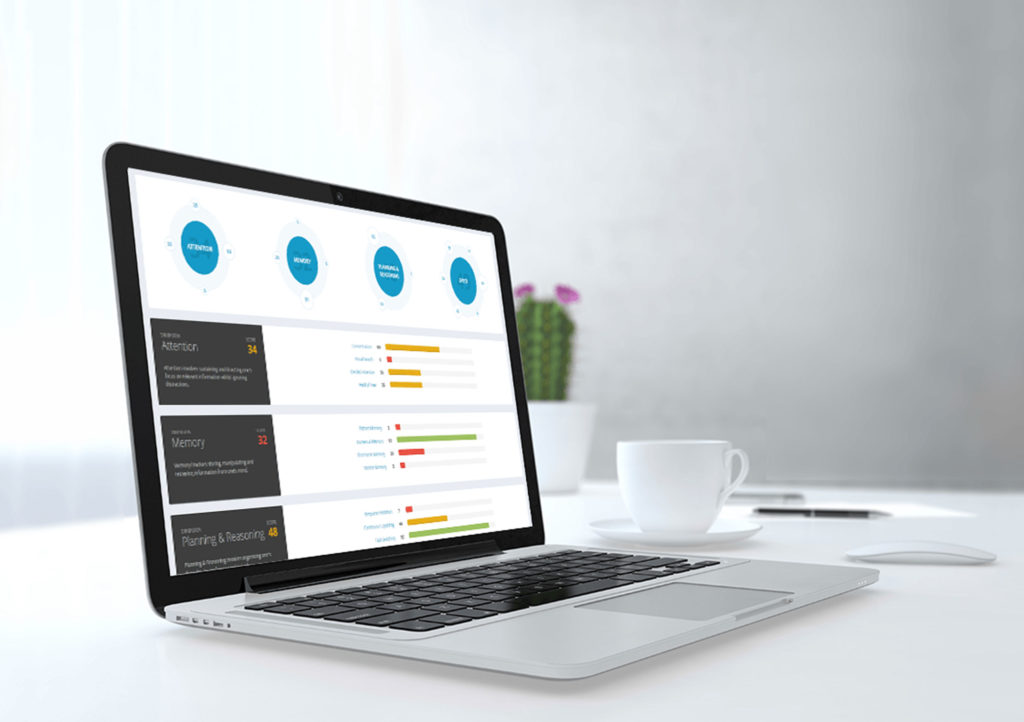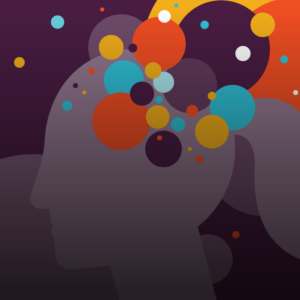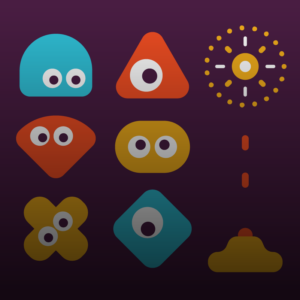Amongst marketing colleagues throughout any sector of business, it is inconceivable that customers would not have their fingerprints and footprints of their data analysed to the nth degree to better understand their value, buying behaviours, patterns of consumption and preferences. CRM and other data driven disciplines like ASO, SEO, NPS are the life-blood of decision making in marketing. Sure hunches in marketing are still important – but only if they are backed up with data. So, why is it the case, that HR do not as yet apply the same rigour in better understand human potential and performance when making key hiring and appraisal decisions?
HR and People Management have always been an inherently human set of processes…. the clue is in the title. But are people necessarily the best judge of people? Traditionally HR, hiring managers and recruiters are trusted with the responsibility of using their experience to assess and select the best talent available in the market. Knowing what a ‘good hire’ looks like is part logic (reviewing CVs and experience track record) and part intuition (having a feel for whether the person will fit the organisation through interviews). Both of these practices are fraught with inconsistencies, inaccuracies, subjectivity and even bias (unconscious or otherwise). But in fairness to the HR profession it has been very difficult, up until now, to replace the wisdom of experience with anything else. But advances in Big Data, Cognitive NeuroScience, automation and machine learning – have heralded a new era of certainty and reliability in the form of People Analytics: the science of assessing people through data.
New Technology – New HR Solutions

Humans and AI are finally able to start working together to make better business decisions. In a recent McKinsey study, 47% of executives have embedded at least one AI capability into their business process. However, HR remain the function which is least convinced of the benefits to their organisations in deploying AI in HR falling way behind operations, product development, service delivery and marketing and sales. Lack of coherent internal and external data sets, lack of skills to operate in an increasingly digital and data driven HR environment and lack of leadership to drive changes in traditional practices: are some of the main reasons cited for lack of uptake amongst businesses for People Analytics.
As a pioneer in bringing machine learning and People Analytics into the HR market over the past 5 years, here are a number of key benefits that Cognisess have delivered for those companies who have been early adopters for AI in HR.
Saving time – AI has an appetite for data. It is able to process applicants and identify the top candidates faster than an employee manually organising them. This means HR managers can spend more time preparing applicants for the role. Recently the world’s largest brewer, AB InBev, was able to interview their strongest candidates just 3 days after they’d sent in their application. Before employing Cognisess Pro’s people analytics, it took them 10 days. Cognisess saved them time, enabling them to hire the best talent faster.
Saving money – One bad hire can cost €45,000 (£39,294) in loss of productivity. Predictive analytics cannot foresee the future, but in can prevent unsuitable candidates from advancing through the process. It reveals not only the best talent – but also those candidates who will fit or adapt into a specific company the culture, thrive in the role and therefore stay – thus saving companies a considerable amount of money and resource in the long term.
Increasing diversity, decreasing potential bias – Humans are naturally biased, and although we all do try to minimise it, our bias is always subconsciously present. In the past, there was no way to eliminate it from the recruitment process – predictive analytics and machine learning has completely transformed this. For instance, Cognisess Deep Learn ™ our AI engine, doesn’t take into account race, gender, age or background. Instead, it focuses purely on a person’s cognitive ability and emotional and social attributes to perform to any given role. This change allowed hotel giant, IHG, to eliminate potential bias by 93% from their recruitment process. This not only increases their prospect of developing a truly diversified workforce, but also demonstrates a clear commitment to fairness and inclusion for the employer brand.
How will it transform HR?
“Companies who adopt a predictive analytics system create a brighter future. They not only gain useful objective data on their applicants and employees, but they also gain insight about their talent pools. Managers can identify strengths and weaknesses – even uncovering hidden talents!” Comments Chris Butt, CEO of Cognisess. This approach encourages employees to develop their adaptability and skills whilst managers can better envision a person’s progression in a business by using AI to create complete picture about people and their potential.
As People Analytics become more affordable, accessible and user-friendly we will see many more companies recruit and appraise through a predictive analytics platform, whilst dialling back less reliable traditional recruitment methods. Forward thinking companies such as DFS and Knight Frank are already using our predictive analytics platform, Cognisess Pro to transform their approach. Cognisess Pro’s objective method of assessing talent works well to support and validate recruiters ‘gut instincts’ about a candidate with the data and evidence to back up why they are a good fit for the role. With Cognisess Pro, companies can constantly refine the attributes they are looking for whether it’s short term memory or emotional intelligence – or any other of 120 attributes the platform analyses.
The benefits for HR
Increased Efficiency
With 73% of applicants abandon job applications if they take longer than 15 minutes, there is clearly an art to retaining candidates until the end of an application. Cognisess Pro’s gamified assessments engage the candidate whilst gaining insights for the recruiter – 90% of applicants have a positive experience on the platform. “Our clients often see an increase in applications using our platform.” Reveals Chris Butt, CEO of Cognisess. A positive application experience also leaves candidates with a good first impression of a business.
Increased Diversity

With ethnically diverse teams outperforming non-diverse teams by 35%, it consciously pays to focusing on a person’s innate abilities and skills to identify what a balanced and diverse team fit looks like. Predictive analytics create a fairer process for all by removing subjectivity and bias. Typically recruiters are disposed to hiring the type of person they personally connect and recognise through experience or preference – rather than ability or potential. Having a more objective approach greatly increases the chances of a building a more diverse and productive workforce.
Increased Speed to Hire
People analytics allows HR to recruit quickly cut through the volume of applicants and information to identify the best talent whilst creating a positive and fair process for every participant. Simultaneously the technology allows recruiters and managers to monitor and benchmark their existing employee talent pool to quickly spot opportunities to redeploy talent – rather than always reaching for an external solution.
Learn more about AI in HR
Cognisess is already supporting some of the world’s leading businesses to transform their approach to managing talent and potential.
For more insight, download our recent case study with global hotel giant IHG.


